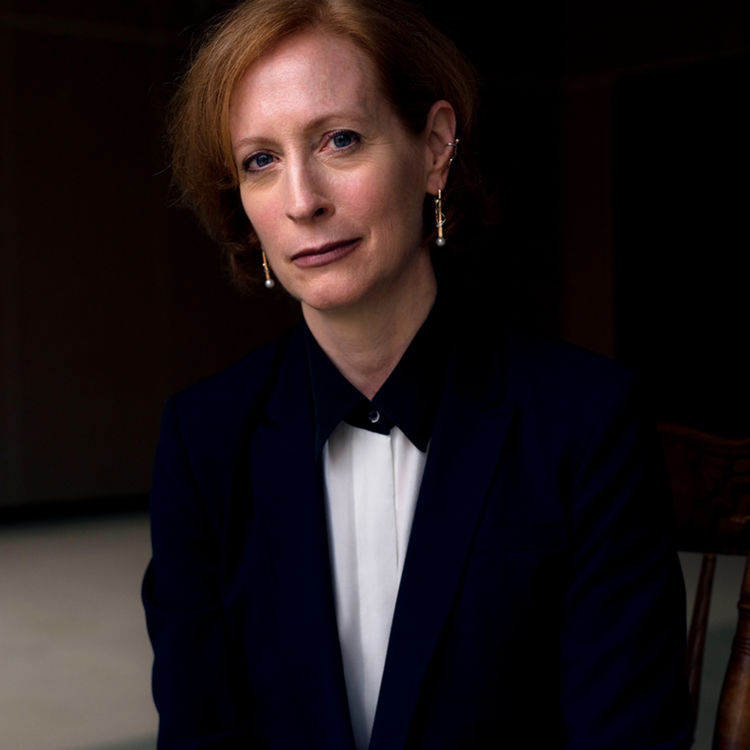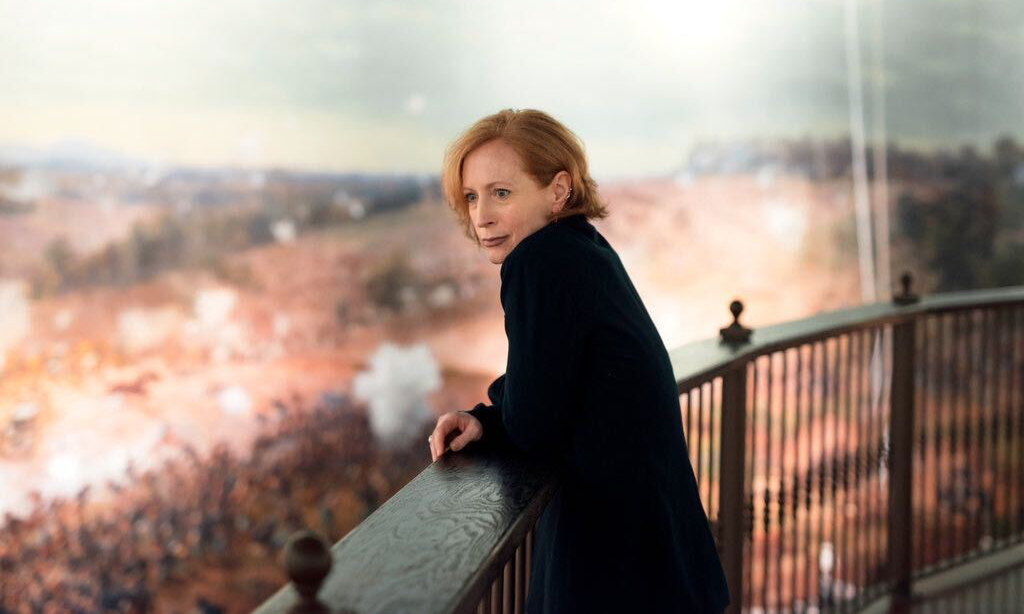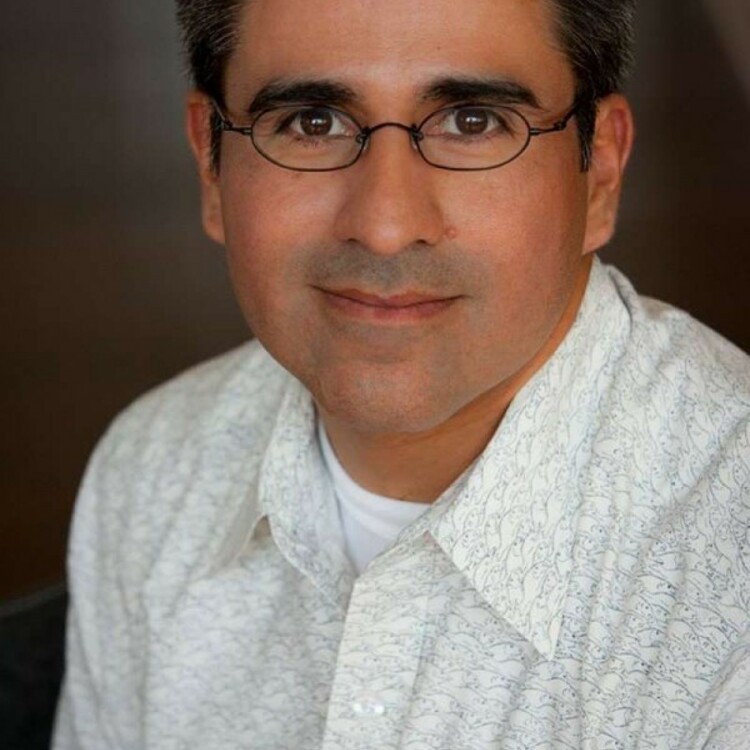Gassing on about the unprecedented nature of this moment isn’t useful right now. This time is. It is a collision of social, physical, structural upheaval that cannot be wished away, waited out, or fearfully ignored. And perhaps if theatre—and, more importantly, the organizational structures that have grown around it like so many garden-choking weeds—was robustly healthy, dynamic, equitable, and fully inclusive, we could study this time with a dispassionate reserve.
But it’s not. Not really.
We’ve got so much shit to do and the universe has demanded we do it. Now. Here in the carnival, with all due abandon and urgency.
Wonderful. Terrifying. Essential.
But what does it actually look like?
This time is. It is a collision of social, physical, structural upheaval that cannot be wished away, waited out, or fearfully ignored.
A mid-thought observation: It probably matters what I look like. Not because I’m overwhelmingly interesting at this juncture, but context matters. I’m white. I’m a cisgender female. I run the Alliance, a large theatre in Atlanta. When I got this gig, not many women had ones like it. More do now. And I’ve been in my position for nineteen years.
Back to what our work ought look like.
What if: after accruing a certain number of years’ worth of social capital, those of us with longer tenures had accountability conversations with our board leadership? We could ask for a reframing of our governance committees, with a highest priority placed on increasing the number of BIPOC members on the board so they make up a higher percentage. And, we could intentionally move our BIPOC board members into leadership tracks, so they are not only logical choices for the next artistic director and managing director search committee formation, but they will have built their own social capital with their board peers.
What if: anti-bias and allyship training were not only required for every member of a theatre’s staff, but a specifically tailored version of that training was a mandatory part of each first rehearsal gathering? And, what if equitable hiring practices and equitable distribution of senior tier positions and compensation were a primary metric in annual performance reviews for all managers, as well as for the artistic directors and managing directors?
What if: with equal attention to generational and cultural representation, artistic directors decentralized the season curation process, allowing a larger and more equitably constructed cohort to both bring and respond to potential narratives, artists, and point of views. And, what if the theatre’s year over year percentages of BIPOC playwrights, directors, designers, music directors, choreographers, and actors were made visible to the entire theatre’s staff, with an equally visible stated goal for improvement? And, what if those numbers became a visible part of the theatre’s identity on its website, and the theatre publicly committed to an unassailable means to keep itself accountable to meet and exceed those goals?
What if: in the same way that organizational leadership are making critical resource decisions to keep ourselves alive in the age of COVID-19, we made self-imposed resource decisions to keep ourselves ethical in the age of social justice—and didn’t accept as viable the arguments of “but we can’t spend money on that”? And, what if we had an annual budget reviews to ascertain that our stated equity, diversity, and inclusion values are deeply and truly discernable in each and every fiscal year?
If we don’t do something audacious now (and let’s be honest, it’s what you do, not what you say, that matters) the risk of returning to the old form gets greater and greater.
A second mid-thought observation: It’s funny what happens to one’s brain when one starts putting words on screen that will then become words on someone else’s screen. There’s a caution that creeps in. Because the beauty and horror of our online lives—particularly right now, when it’s sorely tempting to replace the time we used to spend in real life with deep, long dives into the Twittersphere—is that words spread like viruses, with similarly virus like mutations.
And yet. Back to the premise. Back to the carnival. If we don’t do something audacious now (and let’s be honest, it’s what you do, not what you say, that matters) the risk of returning to the old form gets greater and greater the closer our ships sail to what we once thought of as the land of normal. The carnival is the time to act, and embracing our action with a no-holds-barred means of thinking, where all previous rules of engagement are subject to change, is the gift of the moment.




Comments
The article is just the start of the conversation—we want to know what you think about this subject, too! HowlRound is a space for knowledge-sharing, and we welcome spirited, thoughtful, and on-topic dialogue. Find our full comments policy here